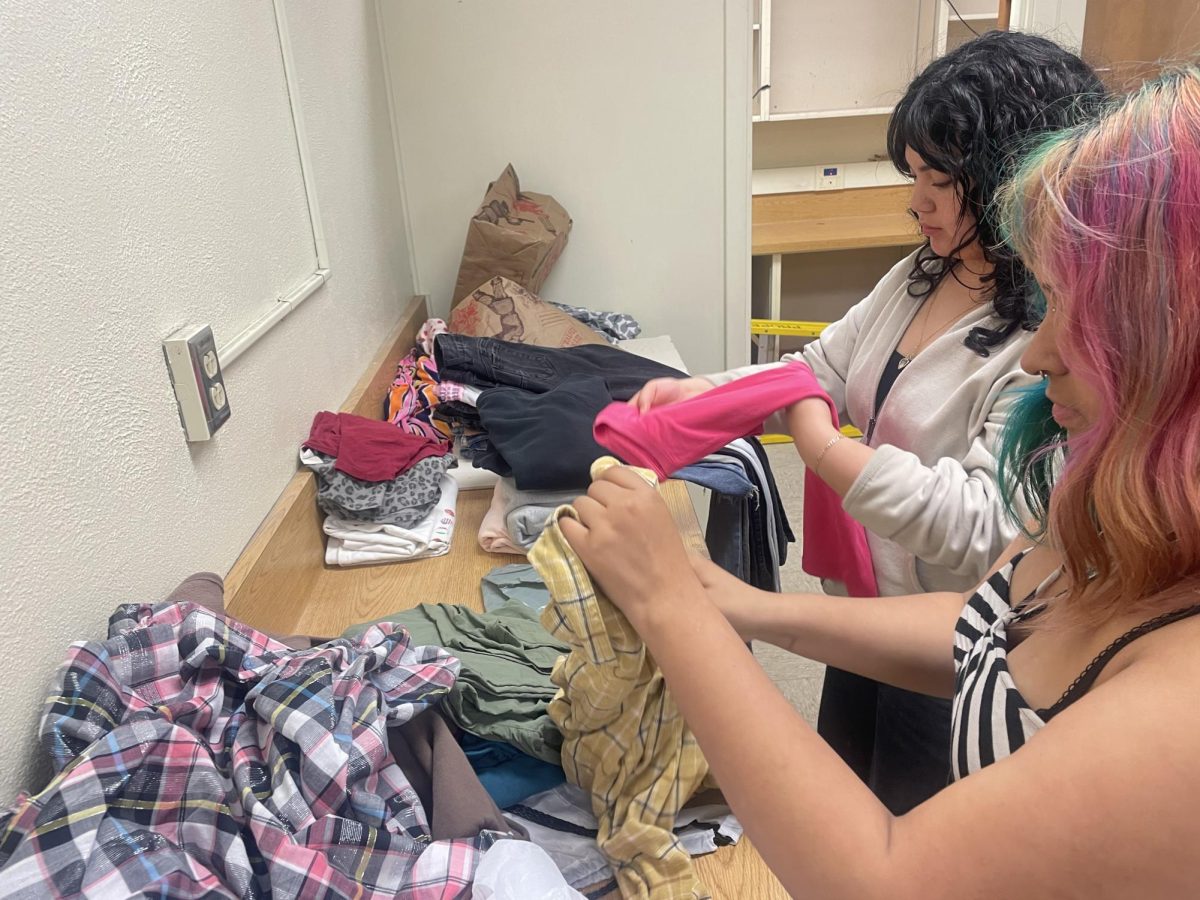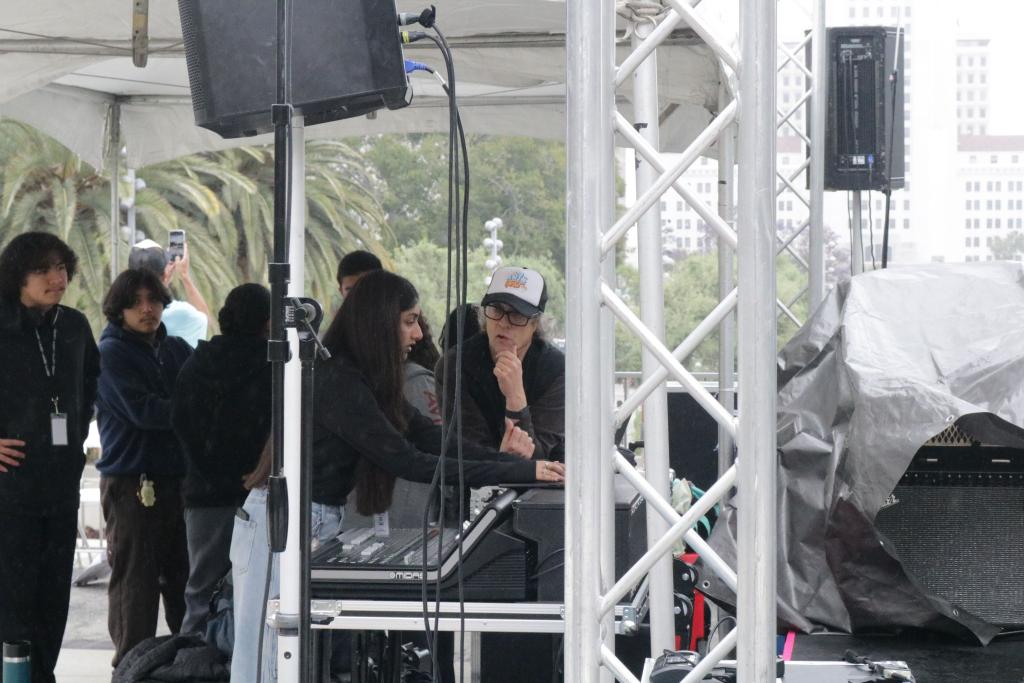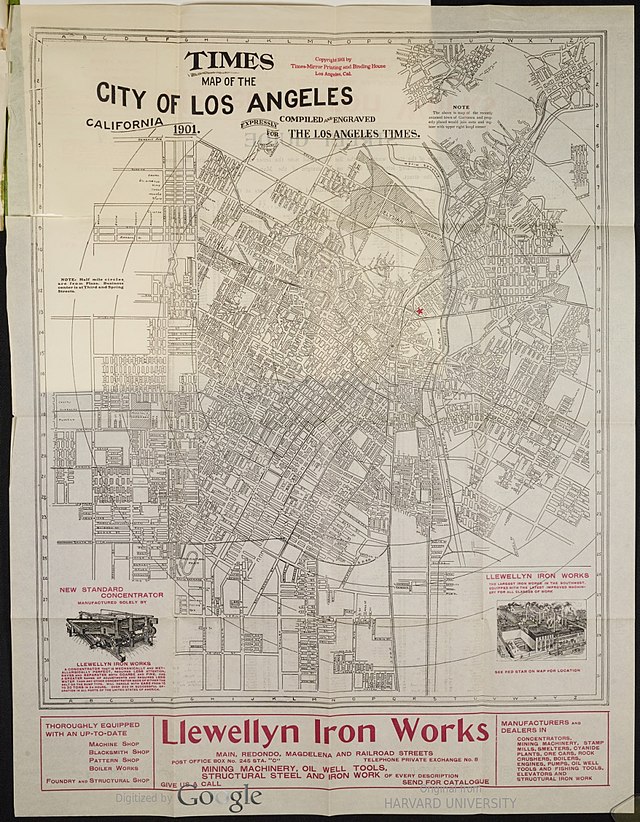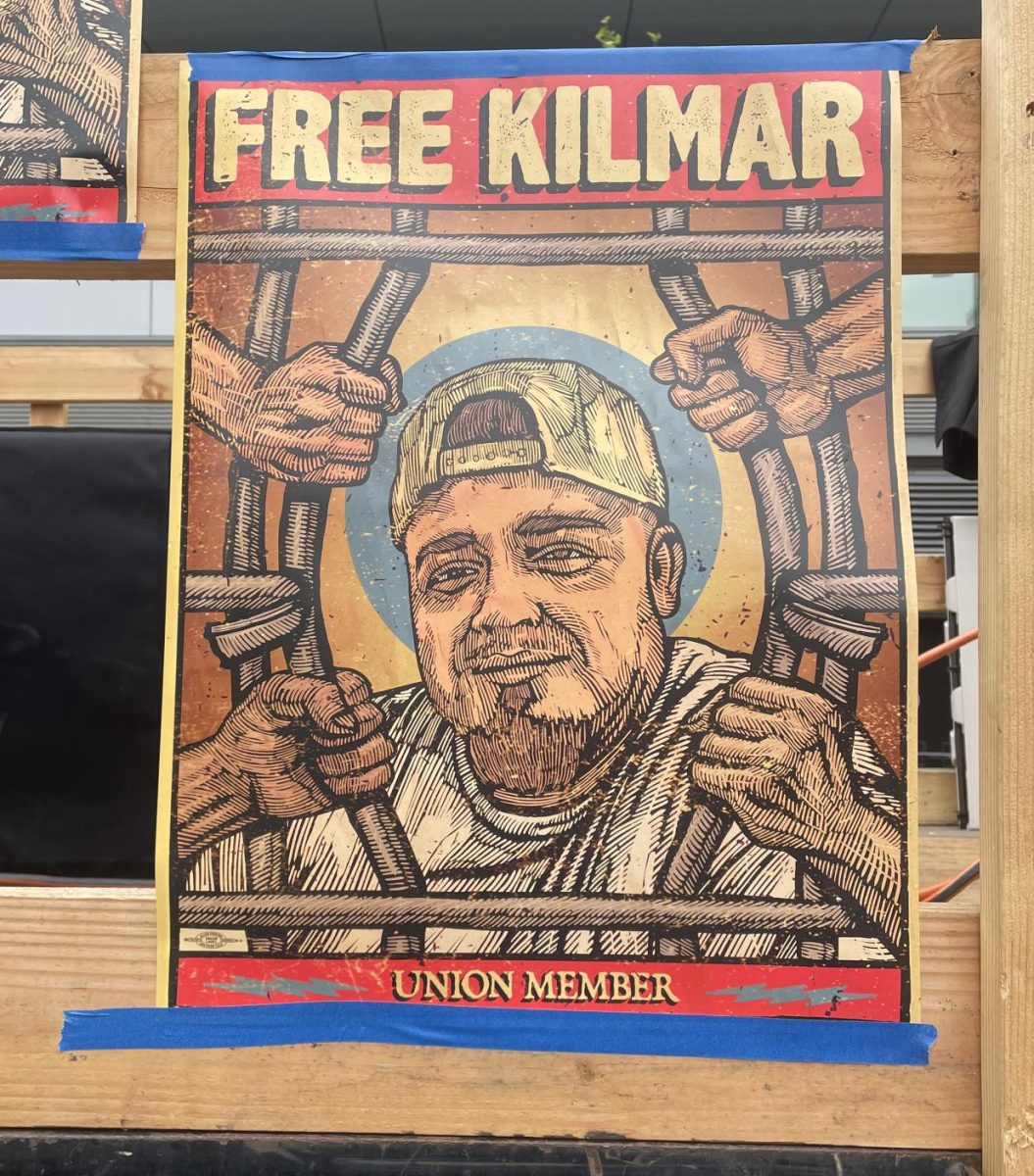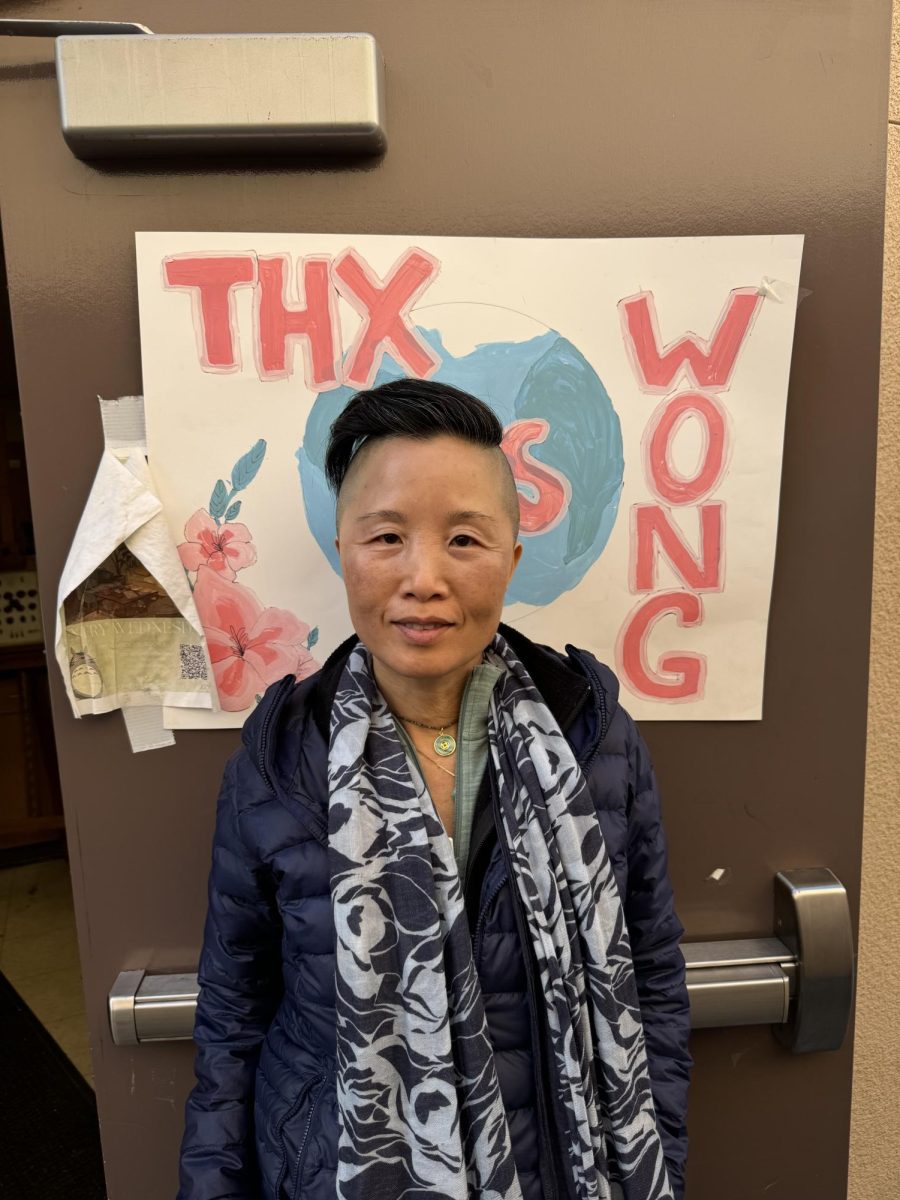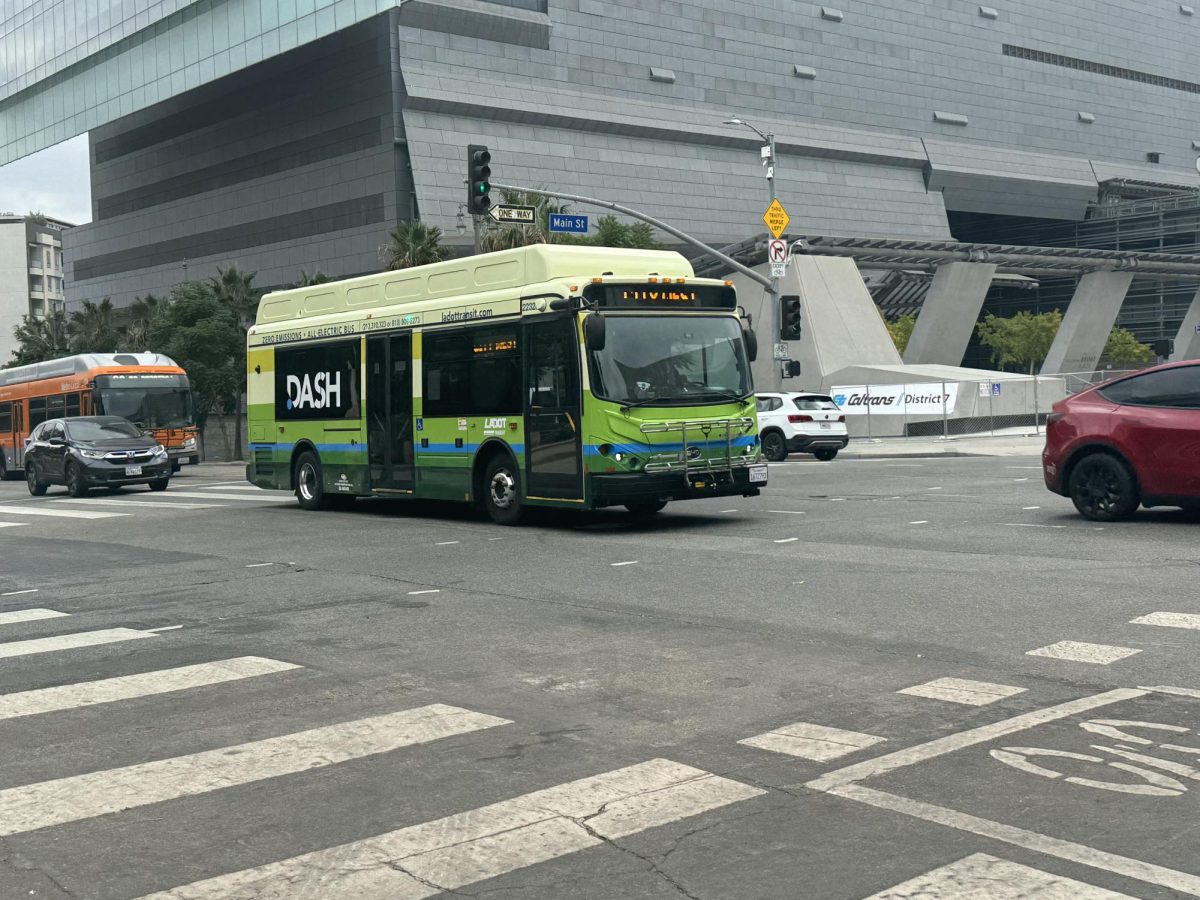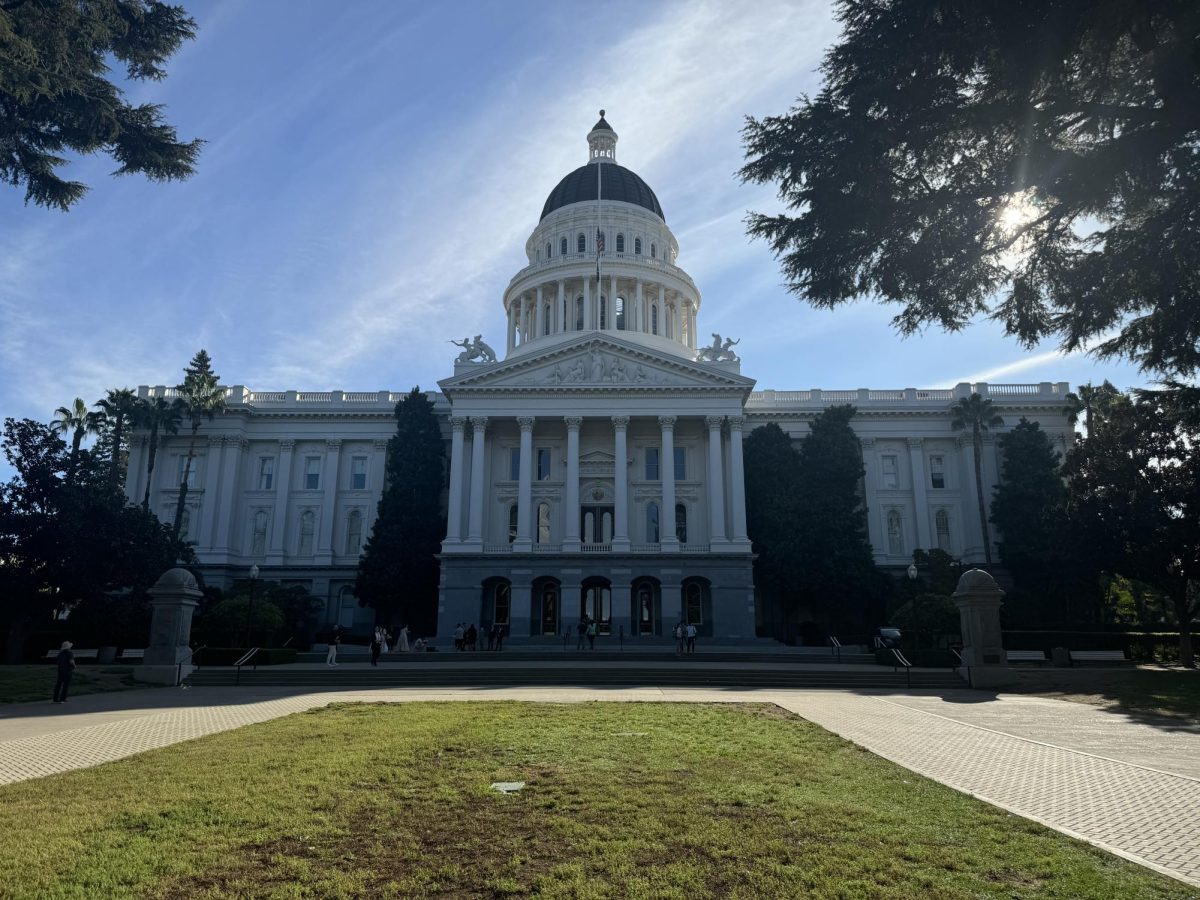As voters prepare for our upcoming election on November 5, 2024, many will only focus on the presidential and maybe the senate elections while neglecting the importance of state and local ballot measures. As such, here is a list of state ballot measures this November.
State-level ballot measures are shown as propositions on your ballot. According to usafacts.org, propositions are “new laws, constitutional amendments, or approvals of laws made by state legislatures. All states allow citizens to vote on these propositions, but getting one on the ballot differs from state to state.”
Ten propositions are on the ballot this November: 2, 3, 4, 5, 6, 32, 33, 34, 35, and 36. They range from increasing school funding to changing the sentencing length of felony charges. All information about the propositions below comes from the Official Voter Information Guide the California state government provides.
Proposition 2 authorizes ten billion dollars in general obligation bonds for repairing, upgrading, and constructing facilities for schools ranging from charter schools to community colleges and many more schools. The fiscal impact of the proposition is increased state costs by five hundred million annually to repay the bond. Its supporters include the California Teachers Association, California School Nurses Organization, and Community College League of California. At the same time, its opponents include the Howard Jarvis Taxpayers Association.
Proposition 3 amends California’s constitution to recognize the right to marriage regardless of sexual orientation, gender, and race. With this proposition, there would be no fiscal impact. Its supporters include the Sierra Pacific Synod of The Evangelical Lutheran Church in America, Dolores Huerta Foundation, and Equality California. Its opponents include Jonathan Keller, California Family Council, and Reverend Tanner DiBella.
Proposition 4 “Authorizes $10 billion in general obligation bonds for water, wildfire prevention, and protection of communities and lands” while requiring annual audits. This will increase state costs by about four hundred million annually for the next forty years to repay the bond. Its supporters include the Clean Water Action, CALFIRE Firefighters, the National Wildlife Federation, and The Nature Conservancy. In contrast, its opponents include the Howard Jarvis Taxpayers Association.
Proposition 5 allows “approval of local infrastructure and housing bonds for low- and middle-income Californians with 55% vote. Accountability requirements.” This will cause an increase in local borrowing and property taxes to fund infrastructure and housing, with the amounts being determined by local governments and voters. Its supporters include California Professional Firefighters, the League of Women Voters of California, and Habitat for Humanity California. Its opponents include the California Taxpayers Association, California Hispanic Chambers of Commerce, and Women Veterans Alliance.
Proposition 6 will amend the California constitution to “remove current provision that allows jails and prisons to impose involuntary servitude to punish crime.” This may or may not increase state and local costs as prison labor changes. Assemblymember Lori Wilson is one submitted supporter, while it has no submitted opponents.
Proposition 32 will raise the minimum wage for Californians. The website states, “For employers with 26 or more employees, to $17 immediately, $18 on January 1, 2025. For employers with 25 or fewer employees, to $17 on January 1, 2025, $18 on January 1, 2026.” The fiscal impact on the government is that “State and local government costs could increase or decrease by up to hundreds of millions of dollars annually. State and local revenues likely would decrease by no more than a few hundred million dollars annually.” Proposition 32 has no listed supporters, while its opponents include the California Chamber of Commerce, California Restaurant Association, and California Grocers Association.
Proposition 33 would repeal the 1995 Costa-Hawkins Rental Housing Act, which “prohibits local ordinances limiting initial residential rental rates for new tenants or rent increases for existing tenants in certain residential properties.” Expanding rent control will reduce local property tax revenue. Proposition 33’s supporters include the California Nurses Association, California Alliance for Retired Americans, Mental Health Advocacy, Coalition for Economic Survival, and TenantsTogether. Its opponents include the California Council for Affordable Housing, the Women Veterans Alliance, and the California Chamber of Commerce.
Proposition 34 would require certain healthcare providers to “spend 98% of revenues from federal discount prescription drug program on direct patient care.” It would authorize statewide negotiation of drug prices for Medi-Cal. The fiscal impact of Proposition 34 is “Increased state costs, likely in the millions of dollars annually, to enforce new rules on certain health care entities. Affected entities would pay fees to cover these costs.” Its supporters include The ALS Association, California Chronic Care Coalition, and Latino Heritage Los Angeles. Its opponents include the National Organization for Women, Consumer Watchdog, Coalition for Economic Survival, AIDS Healthcare Foundation, and Dolores Huerta.
Proposition 35 would “Makes permanent the existing tax on managed health care insurance plans, which, if approved by the federal government, provides revenues to pay for Medi-Cal health care services.” Causing “Short-term state costs between roughly $1 billion and $2 billion annually to increase funding for certain health programs. Total funding increase between roughly $2 billion to $5 billion annually.” Its supporters include Planned Parenthood Affiliates of CA, the American College of Obstetricians and Gynecologists, and the California American Academy of Pediatrics. There are no listed opponents to this proposition.
Proposition 36 allows “felony charges for possessing certain drugs and for thefts under $950” when the person accused has two prior drug or theft convictions. The financial impact of Proposition 36 is “State criminal justice costs likely ranging from several tens of millions of dollars to the low hundreds of millions of dollars annually. Local criminal justice costs likely in the tens of millions of dollars annually.” Its supporters include Crime Victims United of California, the California District Attorneys Association, and the Family Business Association of California. Its opponents include District Attorney for Contra Costa County Diana Becton and Crime Survivors for Safety and Justice.
These ballot measures are on this November ballot, and armed with this newfound knowledge, please vote as your voice in this area counts and impacts you to a far greater degree than in federal elections.

